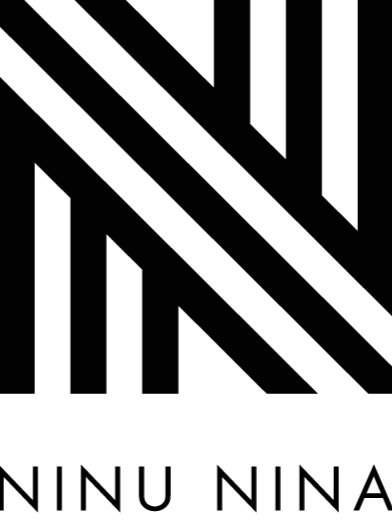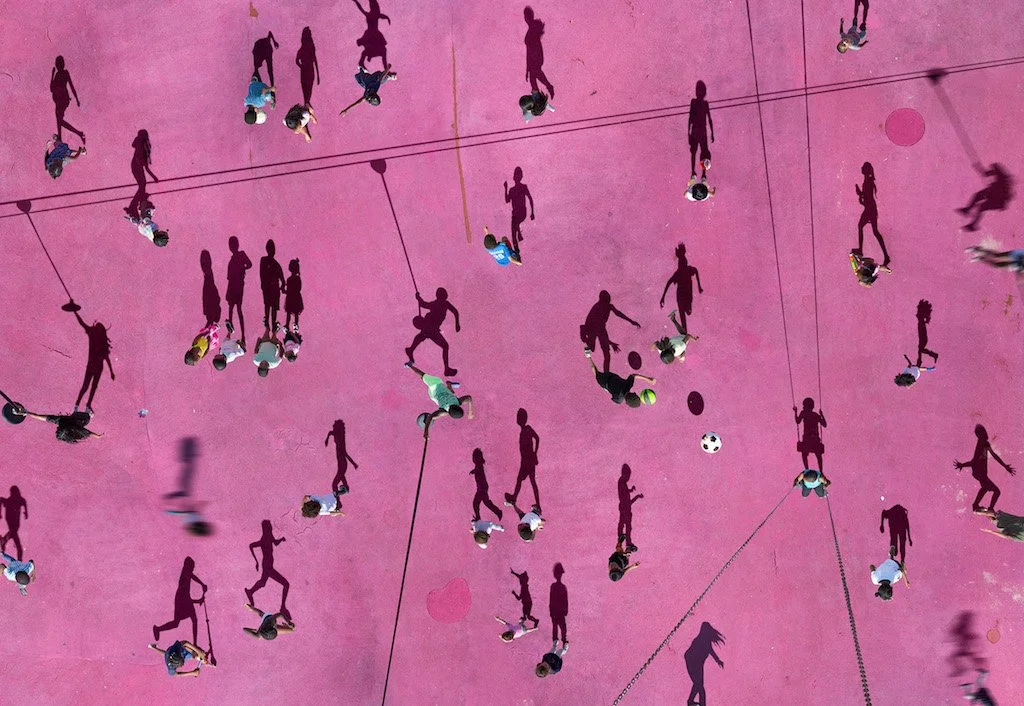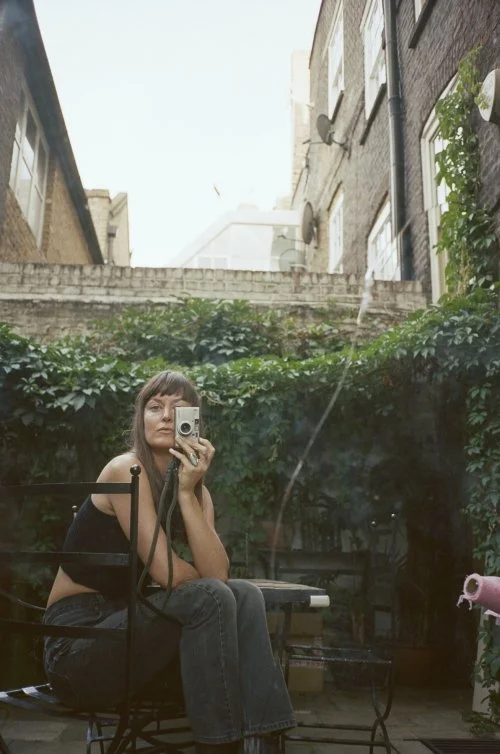THE MEIJBURG ART COMMISSION
Unseen and Meijburg & Co have been partners since 2015, based on a shared vision that art is a platform for innovative perspectives that break through existing patterns.
It inspires us, and encourages us to look at society through a different lens. From that idea, they created the Meijburg Art Commission. Through their unique perspectives, artist help us to reflect in different ways on a central theme, which is current in society or the wider world. This year the theme is HUMAN CONNECTION.
Unseen and Meijburg & Co have invited artists to celebrate, investigate or question the importance, relevance and diversity of connection between us humans, privately or in the public space. All 5 artists of the shortlist will be exhibited at Unseen in September with the work with which they won their nomination. The winner will be announced at the opening of Unseen on 15th September. The shortlist of winners:
Cover photo by Mous Lamrabat, courtesy Loft gallery
This photo embodies his vision of human connections and what they are all about. As the artist says on the matter “I want people to see how beautiful it can be when we bring different cultures and identities together. We tend to focus on what separates us, however, I strongly believe that this isn’t the way we should navigate the world. We should try to see and explore what we have in common, even if the aesthetics are completely the opposite… We can still be ‘beautiful’ together.”
Katrin Korfman, courtesy Bradwolff & partners and Unseen
The work of Katrin Korfman, who we’ve proudly featured on our platform often focuses on the ‘Homo Ludens’. With a bird’s eye view on playful scenes in pools or on playgrounds, we gain a different perspective on everyday scenes. We see new forms of this playful human interaction, when witnessed from above. Patterns and dynamics illustrated by forms such as shadows, that would remain hidden from us from a straight forward perspective.
Pixy Liao, Courtesy Stieglitz19 and Unseen
The work from Pixy Liao is from her long-term photo project "Experimental Relationship". This project started with the artist in a new relationship, with her in a more dominant role. Over the 15 years they are now together, the dynamics within the relationship evolve. In some areas, the artist’s partner is now even more mature than the artist, which also changes our relationship. “My understanding about an intimate relationship is changed. The image that says most maybe the one image titled "Ren". The photo is inspired by the Chinese character of human " 人 ". When we write this character, it's like two people supporting each other, also looks like a human walking with two legs. It needs both to stand up and walk. That's how I think about our relationship and human connection.”
Rebecca Ann Tess, courtesy Philipp von Rosen
The series Template Selection consists of architectural close-up shots that have been taken in global cities. Here, the urban architecture is reduced to an interaction of light, form, color, and material, tending towards abstraction. By employing unusual camera angles Tess most widely negates the principles of construction and lets the mirroring glass facades become the reflecting object of themselves.
What does this form of architecture do to us, the residents, customers and employees, in short: the users of the buildings and the citizens of our cities? It basically excludes us, doesn’t integrate, keeps out third parties who do not belong (and thus have no right to participate in the building and its structures). Identification and a humane approach is hardly possible with the structures and materials used; arbitrary interchangeability of the individual architectural cubes prevails. A living city does not exist in and with these structures.
With these images, Rebecca Ann Tess denounces the situation and in the same time confirms it. She creates a disturbing mirror of our societies, and how architecture and the design ideas behind them can create the opposite of human connection, commenting on it through its negative.
Elliott Verdier, courtesy of Echo 119 and Unseen
Odessa, compared to hot spots of the Ukrainian war, is so far less impacted by russian attacks, and therefore also less photographed. When Verdier arrived there, he was first struck by the silent tension. Although it isn’t a zone where combats happen, barricades can be found at several strategic spots; a bombed cemetery stands still: the whole city seems, without a sound, to be preparing for coming conflicts.
In the midst of this tensed and time-suspended city, what Verdier found was tenderness and strength, like this young couple embracing on a public bench.
C O N G R A T U L A T I O N S







